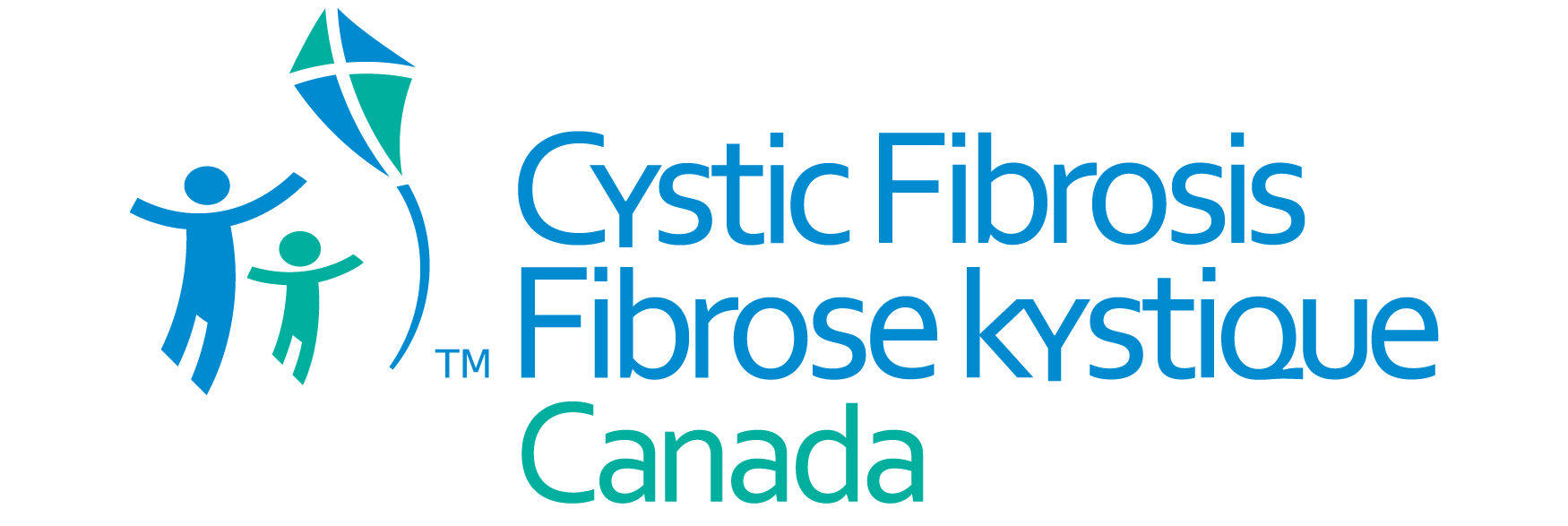Mental health and cystic fibrosis
Finding support is critical when you’re facing any type of life challenge. Here is some information to support optimal mental health while living with CF.

Mental health and emotional wellness
Mental health and emotional wellness are essential components of a person's overall health and well-being. This is particularly true in people with chronic diseases (defined as a condition that persists for longer than three months), who often experience anxiety and depression.
According to the international depression/anxiety epidemiological TIDES study, evidence shows that people living with cystic fibrosis are two to three times more likely to experience anxiety and depression. Similar statistics were reported for parents and caregivers of people living with CF, reporting elevated anxiety and depression (Quittner et al, 2014).
The Canadian cystic fibrosis community has identified mental health as a main issue for those living with CF, and a top research priority. Cystic Fibrosis Canada continues to promote learning, increase awareness around mental health and provide resources to better identify and treat mental health concerns. Learn about some of the work we are doing in mental health below:
- Funding research on mental health aspects of CF
- Developing national Canadian consensus guidelines for CF care, including mental health care
- Clinician knowledge exchange and resource development for mental health topics
- Mental health resource hub that includes links to community mental health resources in each province
- Continuous learning from the CF community on specific mental health needs
- Continuous collaboration with our international colleagues on new research, tools and models to support mental health in cystic fibrosis.
Mental health and Trikafta
With the introduction of Trikafta, some people have reported experiencing increased mental health concerns. If this is the case for you and/or your loved one, the best course of action is to immediately follow up with your CF clinic for support.

Depression and anxiety
Children, adolescents and adults may experience occasional periods of feeling down, nervous or worried. For some individuals, these feelings can improve over time. For others, symptoms may worsen over time and may become overwhelming.
Depression is a common medical illness that negatively affects the way you feel, think and act. Unlike occasional sadness, clinical depression can last for a long time—weeks, months or years—if not treated. People who have depression can have extended periods when they feel hopeless and lose interest in things they normally would enjoy. If you have thoughts of suicide or death, or have five or more of the following symptoms present over a two-week period, it’s important that you consult your health care provider. They will ask you questions about your wellbeing and overall mood.
- Sadness/irritability
- Changes in weight/appetite
- Guilt, hopelessness or worthlessness
- Inability to concentrate, remembering things or making decisions
- Fatigue/loss of energy
- Loss of interest in sex and other activities once enjoyed
- Sleep disturbances
- Restlessness or decreased activity
- Physical aches and pains with no medical cause
- Thoughts of suicide or death
Another common mental health concern that may accompany depression is anxiety. Anxiety is a feeling of worry that may include nervousness or agitation. Everyone may experience this on a short-term basis, but prolonged feelings of anxiety may lead to cognitive, physical and behavioural symptoms.
One of the most common forms of anxiety is Generalized Anxiety Disorder (GAD). GAD is defined as excessive anxiety and worry i.e. apprehensive expectation, occurring more days than not for at least six months. It could relate to a number of events or activities such as work or school performance. The individual is unable to control the worry and the anxiety, GAD is associated with at least three of the following six symptoms:
- Restlessness or feeling ‘keyed up’ or on edge
- Being easily fatigued
- Difficulty concentrating or mind going blank
- Irritability
- Muscle tension
- Sleep disturbance such as difficulty falling or staying asleep, or restless, unsatisfying sleep.
Anxiety, worry, or physical symptoms cause clinically significant distress or impairment in social, occupational or other important areas of functioning.
Mental health screening in CF clinics
Mental health screening tools used in most Canadian CF clinics are the GAD-7 (anxiety) and PHQ-9 (depression). They are recommended and reliable tools for screening and monitoring anxiety and depression.
For more information about tools for anxiety and depression please contact your CF clinic.
Mental health resources
There are many resources available to help support you on your mental health journey. In addition to the resources listed below, your CF team can help connect you with social workers, psychiatrists and psychologists. Thanks to Dr. Harvey Rabin, MD FRCPC, Lisa Smith, RN, BScN, MSc and Ena Gaudet RN, BScN for their contributions to this list.
1 / 4
